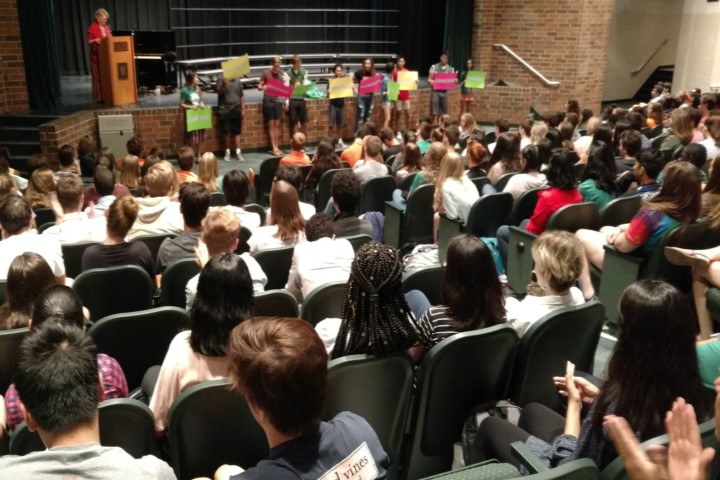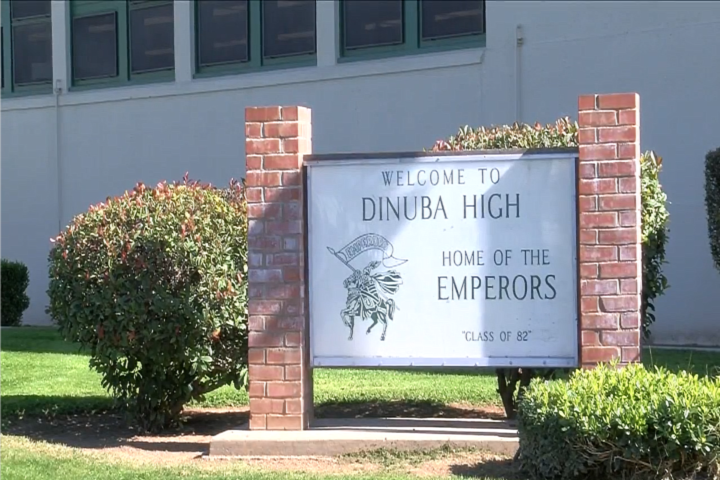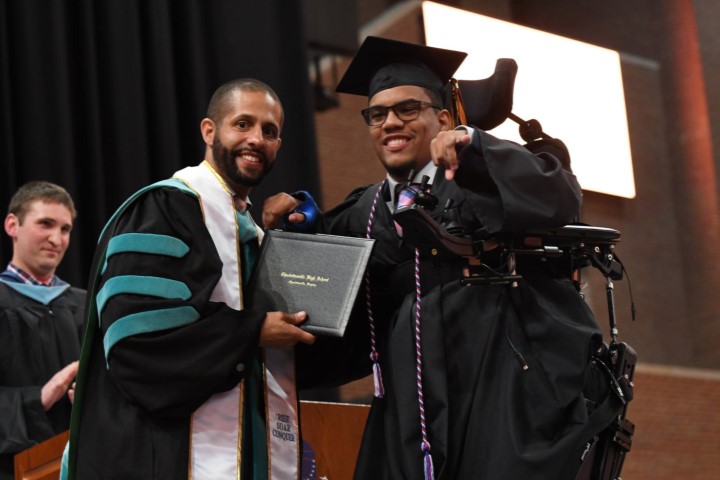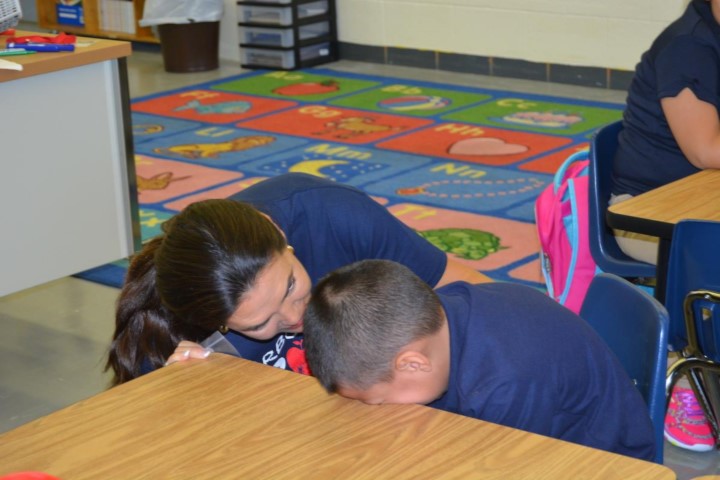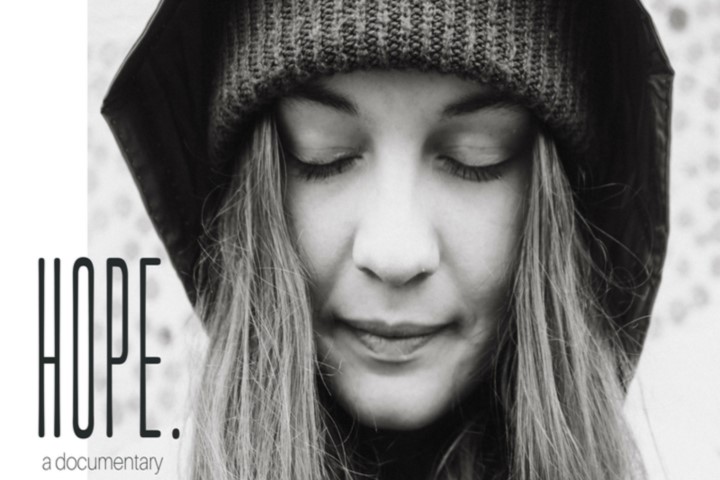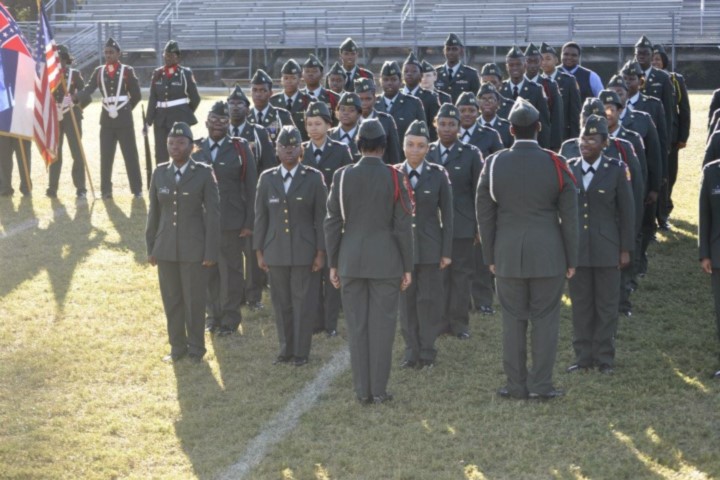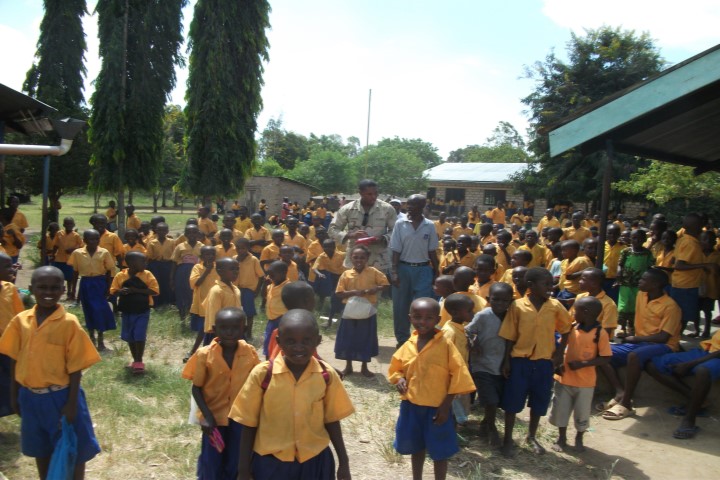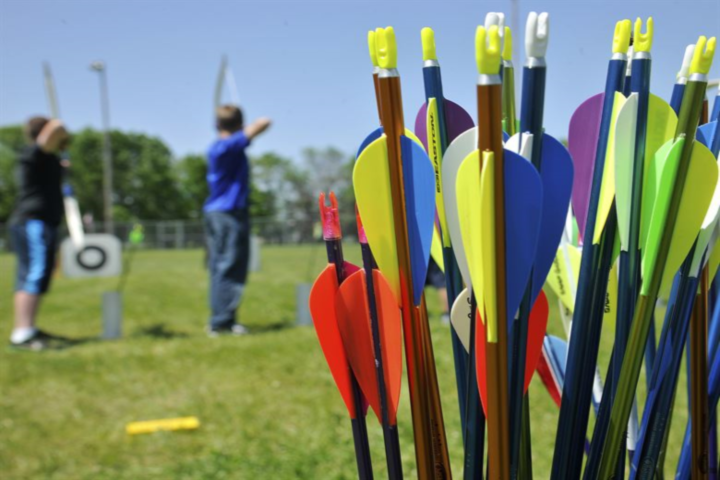Alachua County Public Schools’ annual backpack give-away has a new theme this year: “See Something, Say Something, Do Something.”
The Florida school district’s 19th annual Stop the Violence/Back to School Rally at Santa Fe College centered on a new program for area schools this year that officials hope will help students respond to emergency situations, and active school shooters, in particular, The Gainesville Sun reports.
The event – sponsored by People Against Violence Enterprises, Alachua County Public Schools, Meridian Behavioral Healthcare, as well as other area businesses and community groups – introduced students to the ALICE (Alert, Lockdown, Inform, Counter, Evade) method to keep them safe, with the promise of additional training for students and staff during the first week of school.
“We are going to teach your kids to fight back as a last resort,” Andrew Davis, a school resource deputy with the Alachua County Sheriff’s Office told those who attended.
Officials doled out 2,500 backpacks filled with school supplies, and shared information about school calendars, supply lists, free- and reduced-price lunches, and after-school opportunities. But Gainesville Police Department Chief Tony Jones said a major goal was to compel students to do the right thing, and inform police if they’re aware of threats to their school or classmates.
“I want you to be safe this school year,” he said. “If you see something, say something.”
“This lets us set the stage for stopping violence in schools,” school board chairman Gunnar Paulson told the news site. “What could be more appropriate than talking about this right now?”
Parents who attended seemed to agree, with some recalling how the event made an impact on them as youngsters in the school system.
“I’m here because it’s important to teach our children about how to stop the violence in our schools and neighborhoods,” said 29-year-old Julianne Williams, whose two children will attend Lawton Chiles Elementary School in 2018. “I probably came here every year when I was in school to get backpacks, and now I’m bringing my children.”
The August rally drew many students and parents, as well as a wide variety of local leaders, from elected officials or those running for office to school leaders, parent-teacher groups, school vendors and others.
James Davison Hunter, founder of the Institute for Advanced Studies in Culture, pointed to the importance of school practices and connections to the community in “The Content of Their Character,” an analysis of character education in a variety of different schools.
“How a school is organized, the course structure and classroom practices, the relationship between school and outside civic institutions – all these matter in the moral and civic formation of the child,” he wrote.
The ALICE Training Institute website offers additional details on the methods this organizations uses in K-12 schools to prepare students and staff for the worst.
“Families and communities expect schools to keep their children safe from all threats including human-caused emergencies such as crimes of violence,” according to the site. “In collaboration with local government and community stakeholders, schools can take steps to plan and prepare to mitigate these threats. Every school Emergency Operating Procedure should include courses of action that will describe how students and staff can most effectively respond to an active shooter situation to minimize the loss of life, and teach and train on these practices.”
